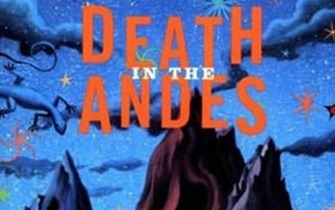
By Mario Vargas Lliosa, Edith
Grossman (Translator)
This morbid story is taking place in Peru during violent attacks by communist guerrillas. Two policemen, Lituma and Tomas, are assigned to a remote village in the Andes. The focus of the book are the pair who are trying to investigate various disappearances and maintain their own sanity in this mysterious place where the people mistrust strangers and fear for their lives.
During my reading of this story, I felt that Llosa was submerging me deep into the Andes with their violence, superstitions, human sacrifices, hopeless people, drugs, poverty and into the clashes between the ingenious habitants and those trying to modernize the area. The two main characters' constant inner struggles between hope and despair, love and gloom, endears them. I was mystified by the beautiful poetic narrations of Llosa. He well deserved the Nobel prize.
By Amitav Ghosh
A three generations family (Indian-Burmese) saga taking place in Burma, India, and Malaya, from the mid 1800 to the 1990s. It starts with the exile of the Burmese Royal family by the British spanning to present day India/Myanmar. Rajkumar a poor Indian boy falls in love with Dolly, a Royal servant who is accompanying the Royal family as it is marching out of Burma. Many years later, he marries Dolly and the rest is their's and others' stories as social chaos and political events are changing the world. Fascinating is the adaptation of the characters to new environments as they are forced to migrate. Thought provoking are the loyalty conflicts of Indian soldiers serving the British Empire as they are facing British contempt. Ghosh gets his readers deep into the traditions, the struggles and pain of the different cultures. The book is an awakening to the little known Indian/Burmese involvement and suffering during War World II. I am so glad that I read it as it opened my eyes to a different history.
by Julie Wu
A tale of triumph over adversity, taking place within a Taiwanese wealthy family which mistreats, ridicules, and malnourishes, the third son, Saburo. Saburo is bright, hard working and succeeds to come to the USA to study. He marries his childhood's sweetheart in spite of the objections around hime. Regardless of his achievements, his family is envious and abusive to him and his wife (across thousands of miles between the US and Taiwan). While reading the book, I wanted Saburo to shake off the traditional burden that made him put up with his family’s cruelty.
Thanks to Julie Wu, I have learned about the historical events that took place in Taiwan during the transition from Japanese rule to Nationalist rule and the struggle between the Nationalists and Communists. The good and bad in people is evident throughout the novel; those who helped Saburo in Taiwan and in the US and those who tried foiling his goals.
By Carlos Ruis Zafón
This long novel revolves around its protagonists’ lives in Barcelona during the earlier part of the 20th century to -1960's. The intricate plot combines doomed love, murder, power, class differences, and the vulnerability of those living under a dictatorship. The two main protagonists inhabit different time periods, making this book a novel within a novel. Daniel who lives in post-war Barcelona is a son of a book store owner. He comes across the book: The Shadow of the Wind and starts investigating the earlier life of the writer: Julian Carax. Daniel discovers that someone has been eliminating all the books written by Julian Carax whose fate is filled with mystery. As Daniel searches for the answers to his quest, his own life unravels, and the grueling circumstances in Julian Carax’s existence. We get embroiled in the complicated history of these two people during difficult periods in Spain. We meet other people, colorful, sad, courageous, cruel, dead and alive. The political happenings are like shadows following the incidents in the story. I wish it would have explored more details about the eras. Yet each author chooses his/her method of allusion of the past. Though the novel is full of tragedies, it ends with a hopeful note as per the future in Spain with the fall of the dictatorship.
by Geraldine Brooks
Hundreds of years of chaotic journeys of the illustrated Sarajevo Haggadah, a Passover Jewish prayer book, thought to have been perished during the war in Sarajevo, are described in this story. The book that originates in 15th century Spain, passes through years of war and Jewish persecution. Its travels tell of a debate between a rabbi and priest in a Venice’s Ghetto, living under the threat of the Inquisition, rising Anti-Semitism in 19th century Vienna, the experiences of a girl in a harem, escaping from Nazis in Sarajevo, and more. The book is saved from destruction by people of all faiths. It moves from the present to the past. In the present is Hannah, an Australian rare book conservator who through missing pieces and tiny objects found on the Haggadah, unearths its past. Hanna’s life and relationships are revealed throughout the story.
As with Sara’s Key, I find myself focusing always on the history and putting aside the present. What I enjoy the most are the little stories and characters that reveal so much about the past. I loved this book and I esteem Geraldine Brooks for offering respect to people of all religions in spite of the turmoil between them.
by Geraldine brooks
The Plague is the 17th century bubonic plague that ravages a small village in England. Anna, a very young widow helps the dying while losing her own children to the disease. All the while, she is encountering the superstition, the accusations, the madness and violence befalling her small community as the population dwindles and more villagers cannot face the horrible consequences of the plague. She befriends the rector and his wife who urge the inhabitants not to leave their homes but to isolate their village and prevent the further spread of the illness. The author does not dwell only on the extreme suffering and the customs of the era but also on the emotional price paid by Anna who loses dear ones but questions religion and the ethical behavior of those around her. She discovers that the rector who preaches the bible is a selfish, self-righteous man who holds himself better than others. What I loved about the book is its unexpected ending. Anna finds her peace by escaping when the plague stops and disconnecting herself from her past by living among Moslems. Her benefactor is an Arab doctor who knows more about medicine than many of his counterparts in England. Though her new sourrounding discriminates women, Anna finds solace in assisting in the healing of others who do not probe into her previous life.
By Gail Tsukiyama
This story takes place in Japan in the years 1939-1966. Tragedies and a war bring turmoil to the life of two orphaned brothers growing up with their loving grandparents. In this novel we are exposed the horrors of World War II as Japanese go through hunger, fire bombing of Tokyo, atomic bombs, death of loved ones, and American occupation. The author takes us through the healing process of a defeated nation and its people. At the same time we are exposed to many of Japan’s traditions, the arts of Sumo and Noh, and the cultural changes that took place after the war. The main characters: two orphaned brothers, two motherless sisters, and the people devoted to them, are all trying to reach their dreams in spite of hardships and heart breaking losses
 | Click here to upload file | | | | | | |
By Tova Sadka
Little is known about the Jewish Diaspora from the Arab World. This collection of moving stories, describes the hardships and tribulations of families who were uprooted from their homes in Baghdad and left for Israel and the United States. Jews lived in what is called today Iraq since their exile by Nebuchadnezzar to Babylonia in 586 BC. In the 20th century while living with Arab Government’s oppression, anti-Jewish riots, a pogrom that left many Jews dead, and a hostile media, most Jews had to escape Iraq in the 1940-1950’s as their assets were confiscated. The author,who grew up in Baghdad, describes with affection and humor the struggles of these refugees as they lost everything and faced drastic cultural changes while acclimating in Israel and the United States. This book is a tribute to the disappearance of an ancient rich culture.
by Jack Gantos
This lively, funny book is a combination of autobiography of Jack Gantos, fiction, and history. Twelve year old Jack spends the summer of 1962 helping Miss. Volker in a small town in Pennsylvania, named Norvelt. Charming Miss Volker writes the town obituaries and she and Jack form a deep friendship. While we are reading about the town’s past, Hells Angels, Jacks’ nose bleeds, a murder mystery, and life in the 1960’s, we also encounter Jack’s history remarks. His heroine is Eleanor Roosevelt and his respect goes to Ann Frank, Geronimo, Emma Goldman, Aztecs, Underground Railroad, Magna Carta, Houdini and others. He does not stop remarking on the world’s evils such as the Spanish Explorers, the Spanish Inquisition, the Atomic Bomb, the Nazis, racist people and more. It is not only Jack’s observations that are so intriguing but also the older people in the story as they see their town fade away. Very touching and full of humor.
by Maaza Mengiste
Here we find sad descriptions of the events taking place in Addis Ababa in 1974 during the communist revolution in the life of Hailu, a doctor, his family and friends. One of the alternating narratives is about the presumed last tragic days and thoughts of the Ethiopian emperor Haile Selassie. The emperor and those who fought Italian colonialism are now considered the “Enemy of the People.” As with many revolutions, this one was also followed by a reign of terror and we observe the atrocities committed by the new rulers supported by other communist regimes. Gradually, properties and privileges are taken away from the Hailu and others. People are sent to jail and do not come back, no one is immune from arrest and suspicion while neighbors are afraid of each other. During this upheaval, the love and bonding between father and sons, mothers and children, friend’s betrayal, and the dignity of an ancient kingdom, are revealed. It is a painful story but enlightening about this African nation.
|

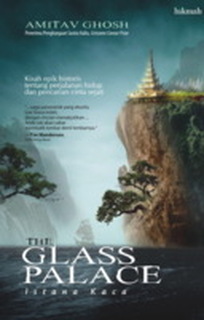
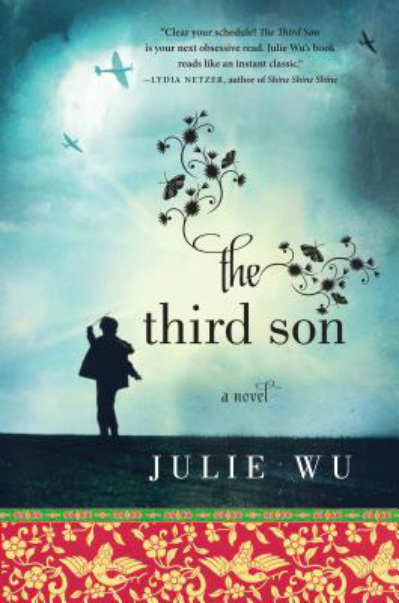
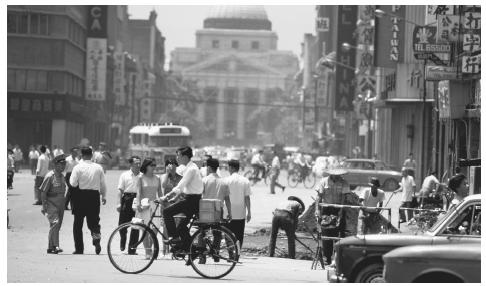
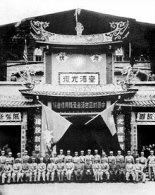
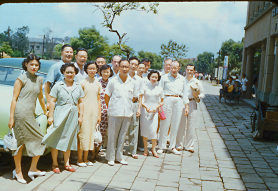
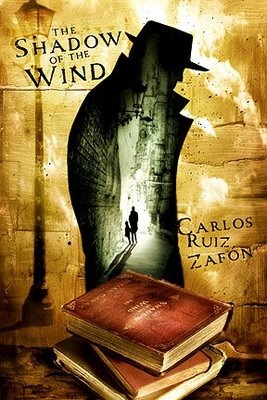
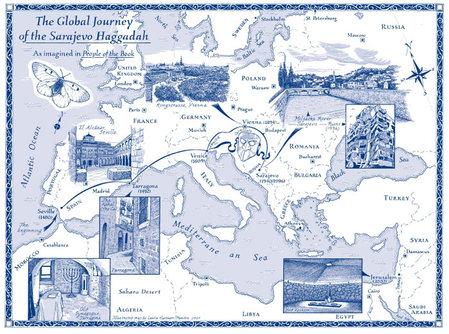
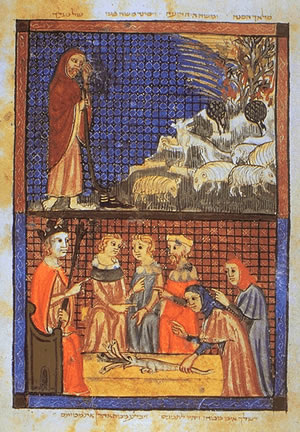
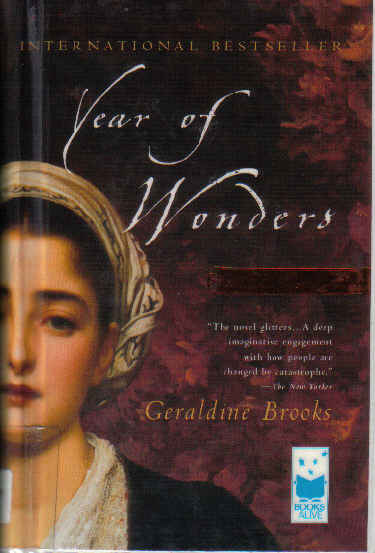
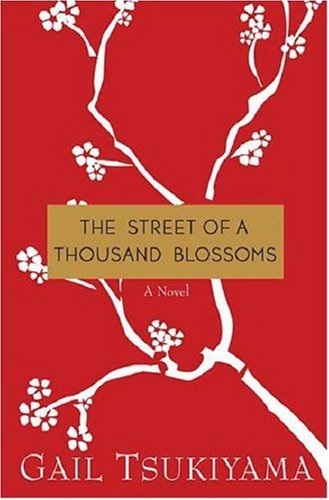
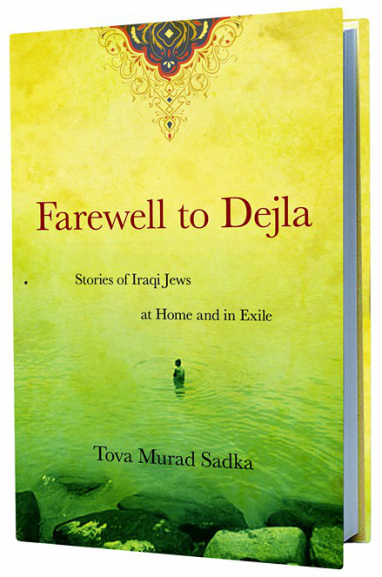
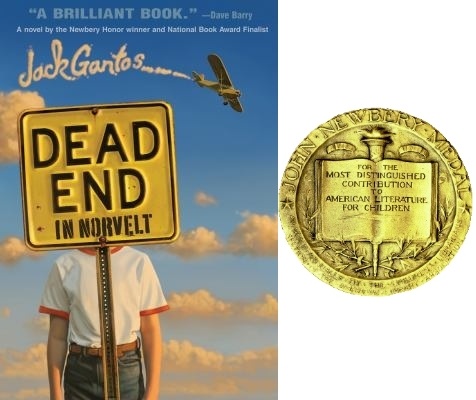
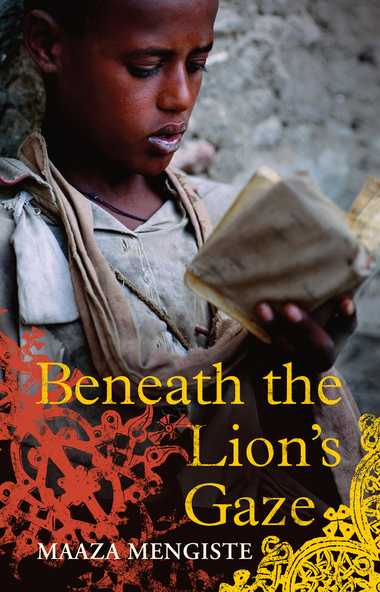
 RSS Feed
RSS Feed